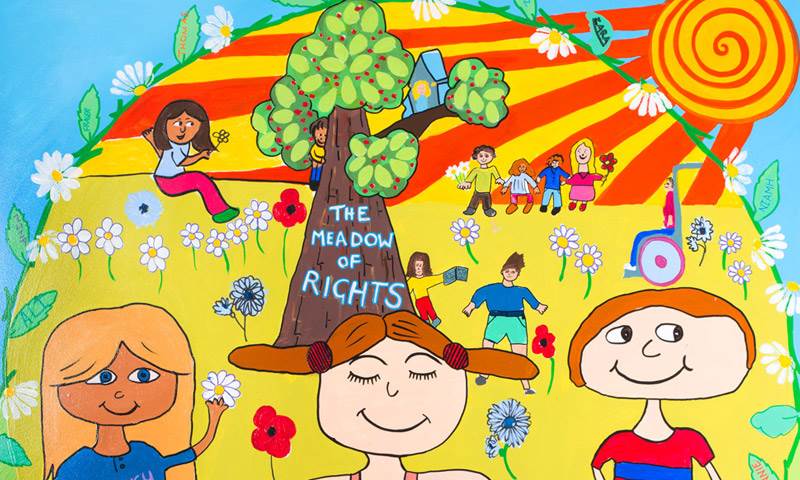Our website uses Cookies - by using this site or closing this message you're agreeing to our Terms & Conditions, Cookie Policy and Privacy Policy
xCOVID-19 Book Club explores impact of pandemic on young people
Date: 27th October 2020
Category:
Disability, Basic Health and Welfare

Six young people aged 16-25 and RCPCH staff formed the COVID-19 Book Club. The club has been meeting for an hour each week to identify key themes from studies looking at young people’s experiences during the pandemic. In turn, these key themes intend to be used to inform NHS recovery and winter planning.
The Book Club aims to make sure that children and young people’s wishes, experiences, and views around the impact of the pandemic are highlighted and understood. As of 22nd September, the group had read studies representing more than 61,000 views. The insights from these studies can be used to inform thinking about the physical and mental health needs of children and young people, as COVID-19 restrictions change.
The Book Club identified three recovery priorities for urgent action by NHS Trusts and health boards:
- Have relevant, child and youth-friendly information about accessing health services and staying safe through the pandemic.
- Increase access to mental health services to support children and young people impacted by the pandemic.
- Create the best virtual health experience possible thinking about access, confidentiality, rapport and holistic care.
The Book Club also identified eight themes for consideration by NHS Trusts for their winter planning and COVID-19 recovery plans:
- Increase access to children and young people’s mental health and emotional wellbeing support services from early intervention to specialist support referrals
- Increase child health support through education settings.
- Provide skill development and aspirational opportunities within the NHS through volunteering/work experience to support with future employment worries.
- Provide opportunities for children, young people and families to access peer support (virtually or in person) connected to their health experiences or conditions, rebuilding relationships with friends.
- Ensure all health care staff have up to date local information about charities and organisations that can support family holistic needs - for example, rent issues, food insecurity, poverty, relationship breakdown.
- Restart health conversations with patients with pre-existing health needs
- Create support, help and guidance for patients and families on having good virtual appointments, reinforce how they can get face to face help if needed and how to manage virtual living.
- Improve how you share information during the pandemic about your services and the pandemic.
Find out more about the Book Club here.
